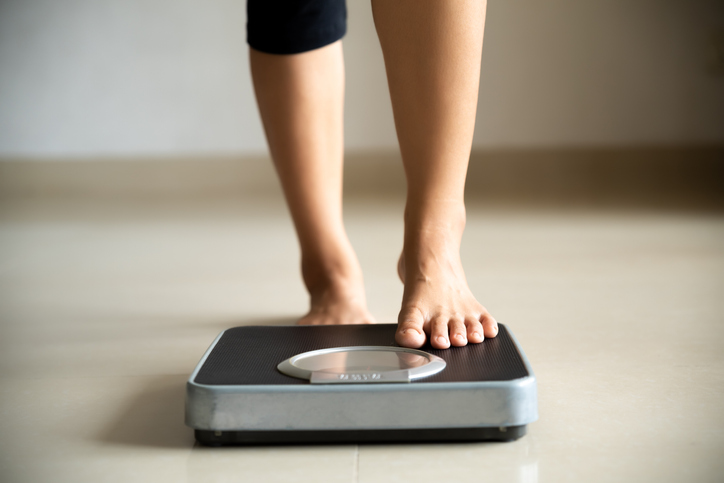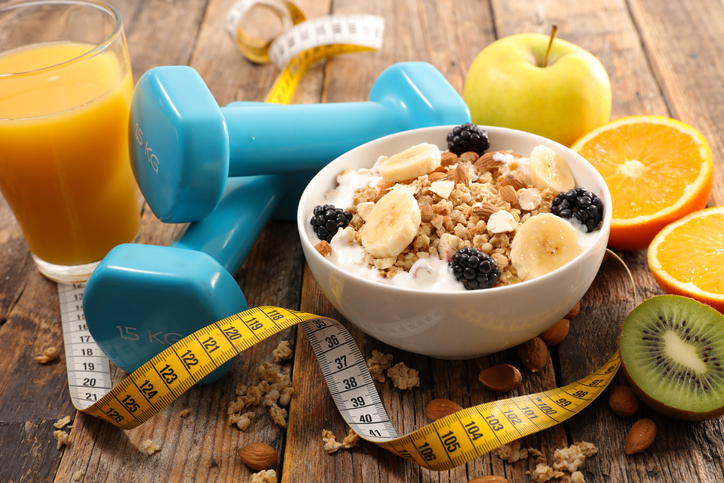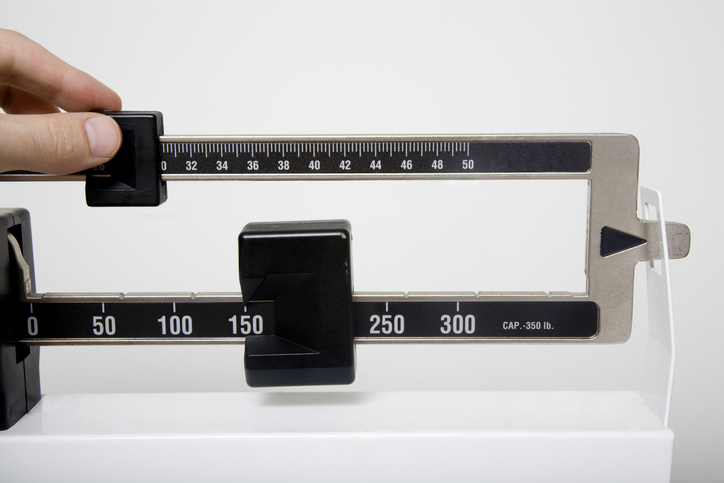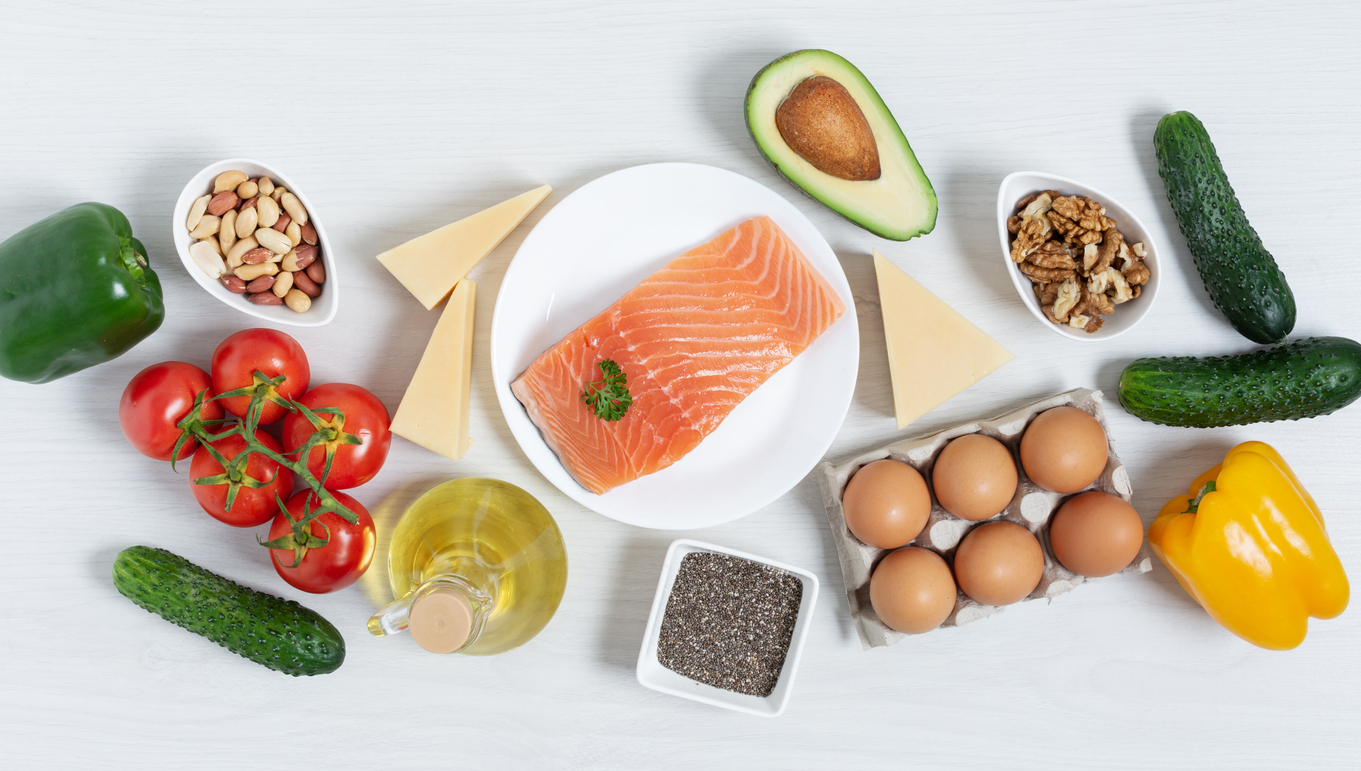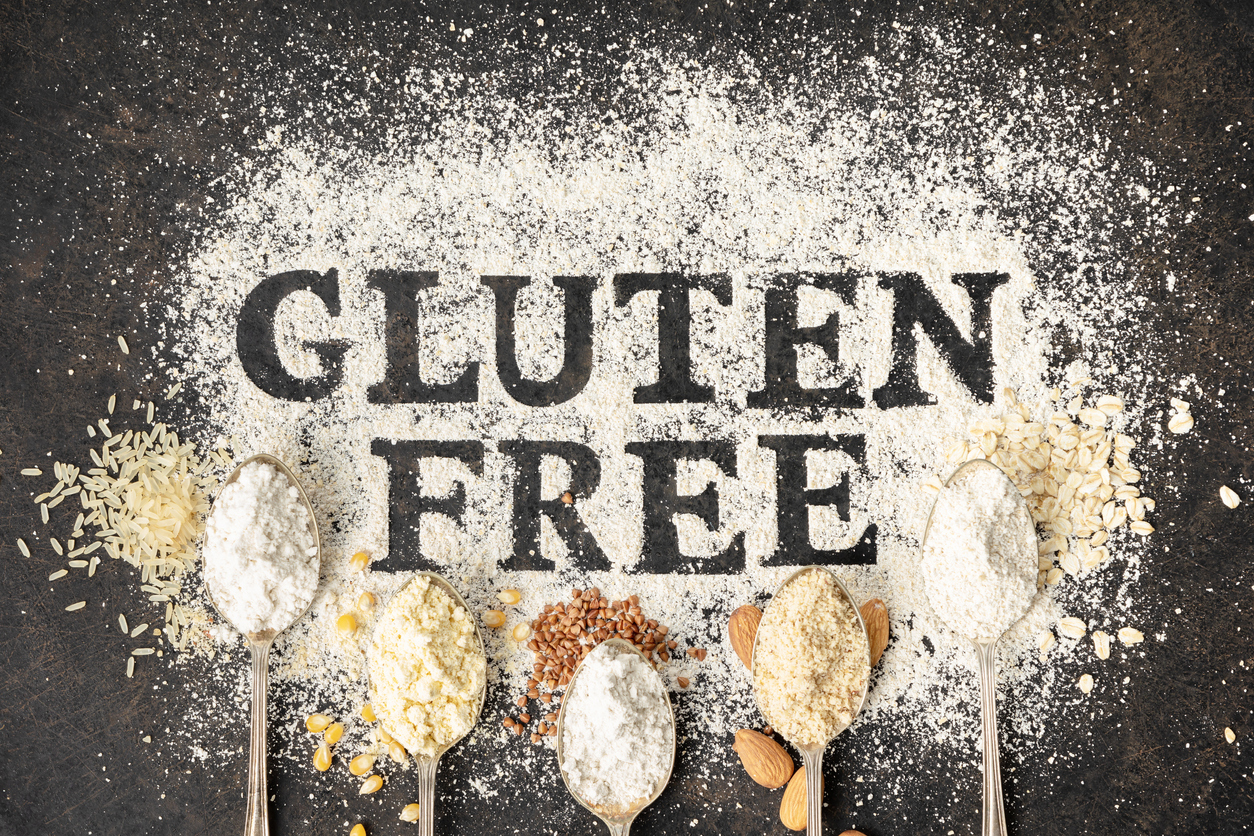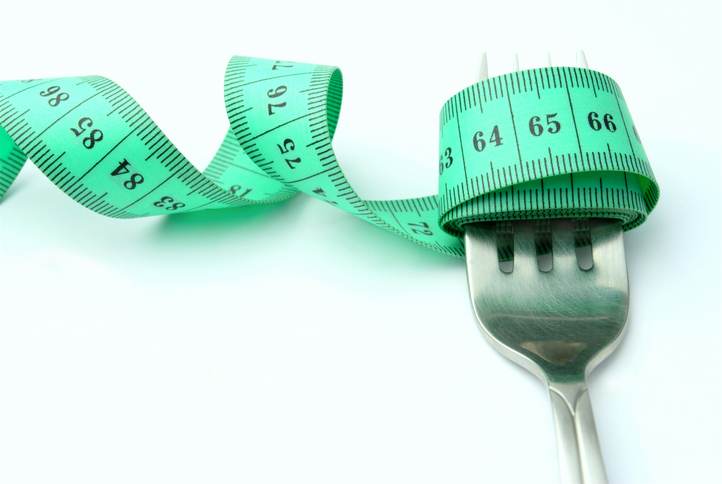Wellness
What Is a Ketogenic (Keto) Diet?

A ketogenic (keto) diet is a low-carb, high-fat diet that lowers blood sugar and insulin levels. Carbohydrate intake is greatly reduced and replaced with fat, which causes the body to enter a metabolic state called ketosis. When ketosis is obtained, the body becomes efficient at burning fat, typically causing weight loss.
On a keto diet, calories should come from protein and fat instead of carbohydrates. Carbs that are easy to digest, such as sugar, soda, pastries and white bread, should be eliminated.
Ketosis usually occurs on day three or four of a keto diet. Ketosis causes the body to break down protein and fat for energy. Fat is turned into ketones in the liver, resulting in weight loss.
Possible health benefits of a keto diet
In addition to weight loss, possible benefits of a keto diet include, but are not limited to, the following:
- Lower levels of insulin can prevent or slow the growth of some types of cancer.
- A keto diet can increase “good” cholesterol and decrease “bad” cholesterol. This reduces the risk of high blood pressure, hardened arteries, heart failure and other heart conditions.
- Blood sugar levels decrease on a keto diet, which may help with the management of diabetes. However, when blood sugar levels are lower, the body produces ketones as it burns fat for fuel. Individuals with diabetes, especially type 1 diabetes, can break down fat into ketones at too fast a rate, causing a life-threatening condition called diabetic ketoacidosis (DKA). Individuals with diabetes should work with a health care professional when considering a keto diet.
- Epileptic seizures may be better controlled when following a keto diet.
- Epilepsy, Alzheimer’s disease, Parkinson’s disease and sleep disorders are nervous system disorders that affect the brain, spine and the connecting nerves. Ketones are created when the body breaks down fat for energy; they may prevent damage to brain cells, which is beneficial for nervous system disorders.
- The keto diet may help treat polycystic ovary syndrome due to lowered amounts of insulin. Polycystic ovary syndrome develops when high levels of insulin cause the ovaries to become enlarged.
- Skin conditions, such as acne, are linked to a high intake of carbohydrates. Decreased insulin can decrease acne breakouts.
Possible negative side effects of a keto diet
Negative side effects of a keto diet include, but are not limited to, the following:
- Constipation
- Low blood sugar
- Indigestion
- Kidney stones
- Increased levels of acid (acidosis)
- “Keto Flu” (headaches, weakness, irritability, bad breath and fatigue)
Foods to avoid on a keto diet
- Sugary foods (soda, fruit juice, smoothies, cake, ice cream, candy, etc.)
- Starches (rice, pasta, cereal, wheat-based products, etc.)
- Fruit (except small portions of berries)
- Beans or legumes (peas, kidney beans, lentils, chickpeas, etc.)
- Root vegetables (potatoes, sweet potatoes, carrots, parsnips, etc.)
- Any low-fat or diet products, which are usually highly processed and loaded with carbohydrates
- Condiments or sauces, which are high in sugar
- Unhealthy fats (mayonnaise, processed vegetable oils, etc.)
- Alcohol, which is normally high in carbs
- Sugar-free foods, which are usually high in sugar alcohols and highly processed
Foods to eat on a keto diet
- Meats (red meat, steak, ham, sausage, bacon, chicken or turkey)
- Fatty fish (salmon, trout, tuna or mackerel)
- Pasture-raised or omega-3 whole eggs
- Butter
- Unprocessed cheeses
- Nuts and seeds (almonds, walnuts, flax seeds, pumpkin seeds, chia seeds, etc.)
- Healthy oils (extra virgin olive oil, coconut oil or avocado oil)
- Whole avocados or freshly made guacamole
- Low-carb vegetables (green veggies, tomatoes, onions, peppers, etc.)
- Salt, pepper and various other herbs and spices
A health care professional should be consulted before beginning any type of diet program.
